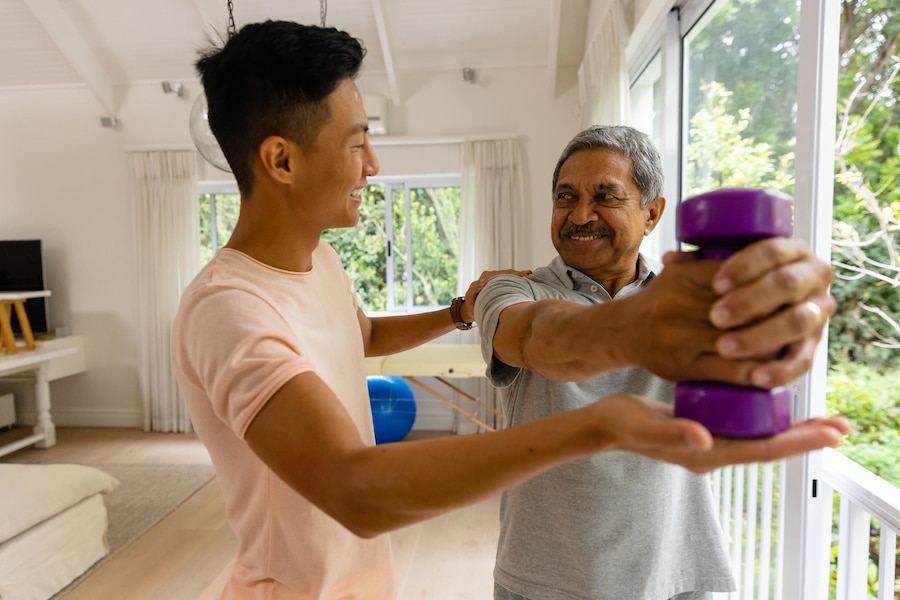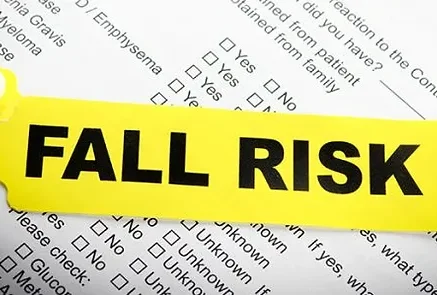Imagine one day finding out that your mother or father, or any older person you care about, hasn’t been taking their medication. While this may sound like a ridiculous situation, the Centers for Disease Control report that up to 50 percent of prescribed medications are “taken incorrectly, particularly with regard to timing, dosage, frequency, and duration.” This can be fatal, especially for the elderly, whose health sometimes relies on taking the correct medications at the correct time.
Managing medication can be difficult, but with a little research and care, the process can be streamlined and made easier for both the elderly and their loved ones. But before we get into how we do that, let’s look at how the elderly population affects the prescription drug market.
Elderly Medication Intake by the Numbers
The elderly population takes up a massive portion of prescription drug consumption. Despite making up less than 15 percent , the elderly use about one-third of all prescription.
conducted among over 3,000 people between the ages of 57 and 85, researchers found that:
- Over 80 percent of the participants used at least one prescription drug regularly.
- About 40 percent used at least one over-the-counter drug regularly.
- Nearly 30 percent of participants used five or more prescription drugs regularly. This percentage increased to the mid-30s percentage with men and women between 75 and 85.
- About half of prescription drugs users also used over-the-counter medications at the same time.
Effects of Managing Medication and Potential of Non-Adherence
Because of these large numbers of people who consume prescription drugs—especially by the elderly—there are many health and lifestyle effects from having to manage and then take the prescriptions. These effects can reveal themselves in social settings (or lack-thereof), in physical form, and in mental form.
It’s vital that patients adhere to the exact directions given to them, from the time of the day the medication is taken to how it’s taken. Non-adherence can happen deliberately (when the patient purposely stops following medication) or unintentionally (when a patient is “careless or forgetful” of the medication prescribed, according to the FDA). One study of adherence of treatments following post-surgical eye health showed that those who stuck to the post-surgery treatment felt more comfortable in the long run than those who didn’t.
Falls
All medication has side effects. Whether they affect you or not is a different question, but you don’t know how they’ll affect you until you take them. Some side effects include dizziness, drowsiness, nausea, and other symptoms that can increase an elderly person’s chance of falling. Falls can then increase your risk of injury and even death. About 70 seniors die every day due to falls. Some of these falls can be caused by effects of prescription drugs, with one study revealing that up to 16 percent of hospitalizations among seniors were caused by “adverse drug reactions.”
Addiction
Massive prescription drug use among the elderly community results in an increased rate of addiction to these drugs. This, in turn, comes with an increased mortality rate. Addiction among seniors can sometimes go misdiagnosed because doctors assume the issues that can come with addiction (weight loss, altered sleep schedule, etc.) are a result of the drug itself and not abuse.
Depression
All of these issues are inter-connected. Millions of elderly people suffer from depression, which can be caused by the above reasons. Depression can be fueled by managing and taking medication, too, because it’s a side effect of some medications. It can also be caused by the side effects themselves (such as insomnia, which increases the risk of depression).
Isolation
A bunch of these issues and the corresponding health problems can be fueled by isolation, which occurs when an elderly person all but excludes themselves from interacting with family, friends, and the community. Medication management can force seniors into isolation because of how it causes addiction and depression. In turn, isolation can further advance the severity of depression and addiction. It also makes falling at home, when you’re all alone, that much more dangerous.
Medication management can clearly take a heavy toll on the elderly, so the process needs to be streamlined and made easier to help minimize the stress and health effects from doing it.
Dr Rahul’s Elder Care is one of top providers of Geriatric Care in Coimbatore. Dr Rahul’s Elder Care is at No 33, Alagesan Road No 2, Sai Baba Colony, Coimbatore. For more information, call +91-7871111247.



